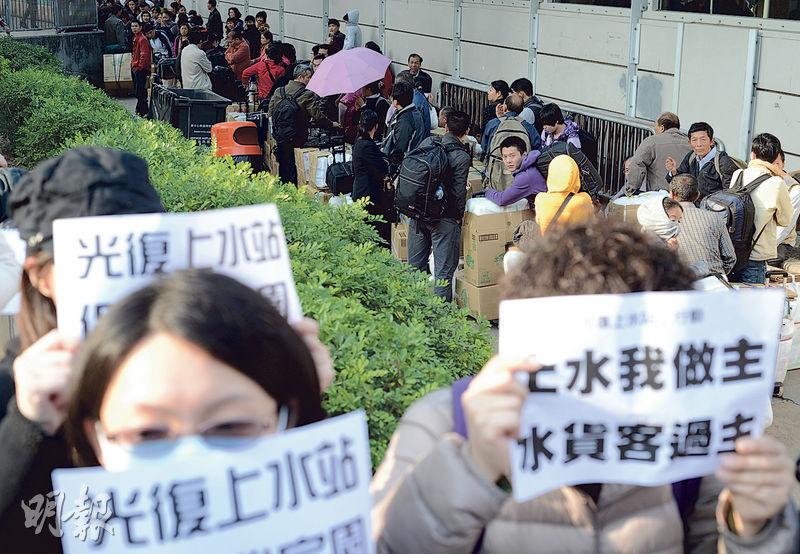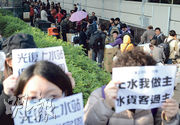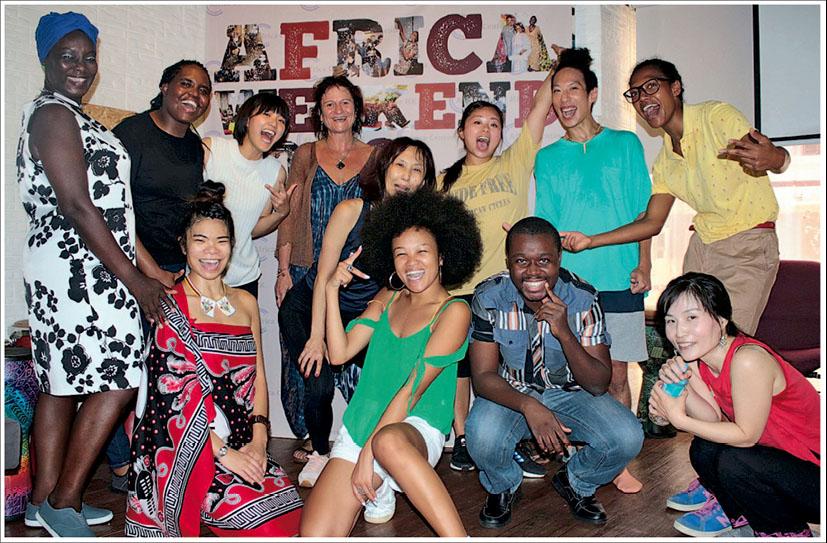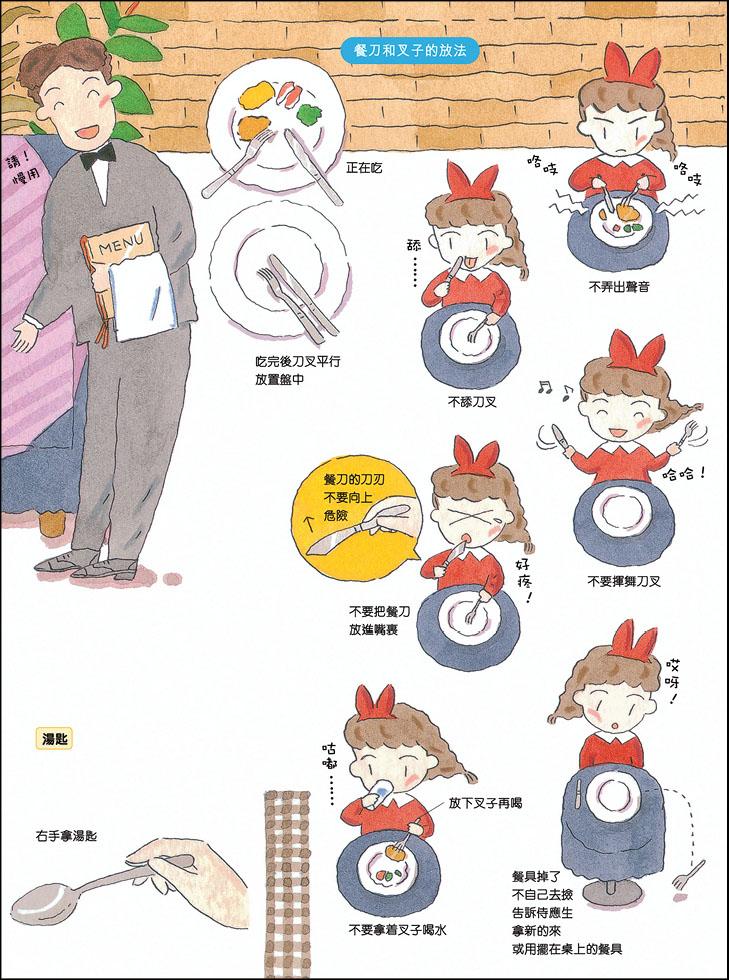Road to 5**:Controversy over intra-ethnic discrimination
【明報專訊】◆News summary
Equal Opportunities Commission (EOC) Chairman Chu Man-kin said on October 23, 2021 that, in light of the incessant complaints about the unfair treatment of mainlanders in Hong Kong, he had made three recommendations to the government, including the amendment of the Race Discrimination Ordinance to explicitly outlaw ''intra-ethnic discrimination'', the introduction of legislation to prohibit discrimination based on resident status, and the prohibition of discrimination based on the place of origin. The new ordinance would be enforced in both directions, meaning that Hong Kong people would also be protected against verbal abuse such as ''Hong Kong Chank'' hurled by mainlanders. Chu said that the government had actively considered the recommendations and consulted the Department of Justice for its opinions. It was hoped that the legislation would be enacted when the new government took office in July 2022.
Some people expressed worries that the amendment would lead to ''speech crimes''. Chu Man-kin explained on October 31 that in addition to behavioral elements, a conviction in the common law system must also contain psychological elements such as the motive or consciousness of the crime. If a person did not intend to discriminate against or harass others at the time of the incident, it would not be regarded as a crime, said Chu.
Chiu Man-chung, chair professor at the Law School of Beijing Normal University, said that it is difficult to define race. The ''Equality Act 2010'' in Britain defines race according to skin colour, nationality and ethnic origins, but this is not a one-size-fits-all approach. For example, a football player who was born in Turkey, who has never been to the UK and who does not speak English can still represent the England football team simply because his father has a British passport.
●Mock examination question
''The EOC's proposal to amend the Race Discrimination Ordinance can effectively protect new arrivals or mainlanders from discrimination.'' Referring to the above information and using your own knowledge, provide one argument for and one argument against this claim with explanations.
For: plugging a legal loophole
EOC Chairman Chu Man-kin pointed out that there had been endless complaints about the unfair treatment of mainlanders in Hong Kong. Despite the existence of the Race Discrimination Ordinance, mainlanders are of the same race as locals. The discrimination they suffer is not based on race, so the ordinance cannot be invoked to deal with these incidents. The EOC has suggested that the government outlaw ''intra-ethnic discrimination'' by amending the Race Discrimination Ordinance, which will effectively plug the loopholes in the ordinance. The legislation will have a deterrent effect and is expected to effectively reduce discrimination against new arrivals or mainlanders.◆
Against: difficulty to define race and possibility of arousing social controversy
The EOC's proposal to amend the Race Discrimination Ordinance to include ''intra-ethnic discrimination'' is likely to cause social controversy because of the difficulty in defining ''race''. It might not be able to effectively protect new arrivals or mainlanders from discrimination. Some citizens and scholars believe that nationality, citizenship and resident status are different from ethnicity and should not be protected. Some also suggest that the amendments will make the relationship between Hong Kong and mainlanders even tenser. They are also worried that the new legislation will lead to ''speech crimes'', meaning that the criticism of the behaviour of mainlanders will become illegal.
Translated by Odyssey Lang
(本刊發表的文章若提出批評,旨在指出相關制度、政策或措施存在錯誤或缺點,目的是促使矯正或消除這些錯誤或缺點,循合法途徑予以改善,絕無意圖煽動他人對政府或其他社群產生憎恨、不滿或敵意。)
[通通識 第749期]









